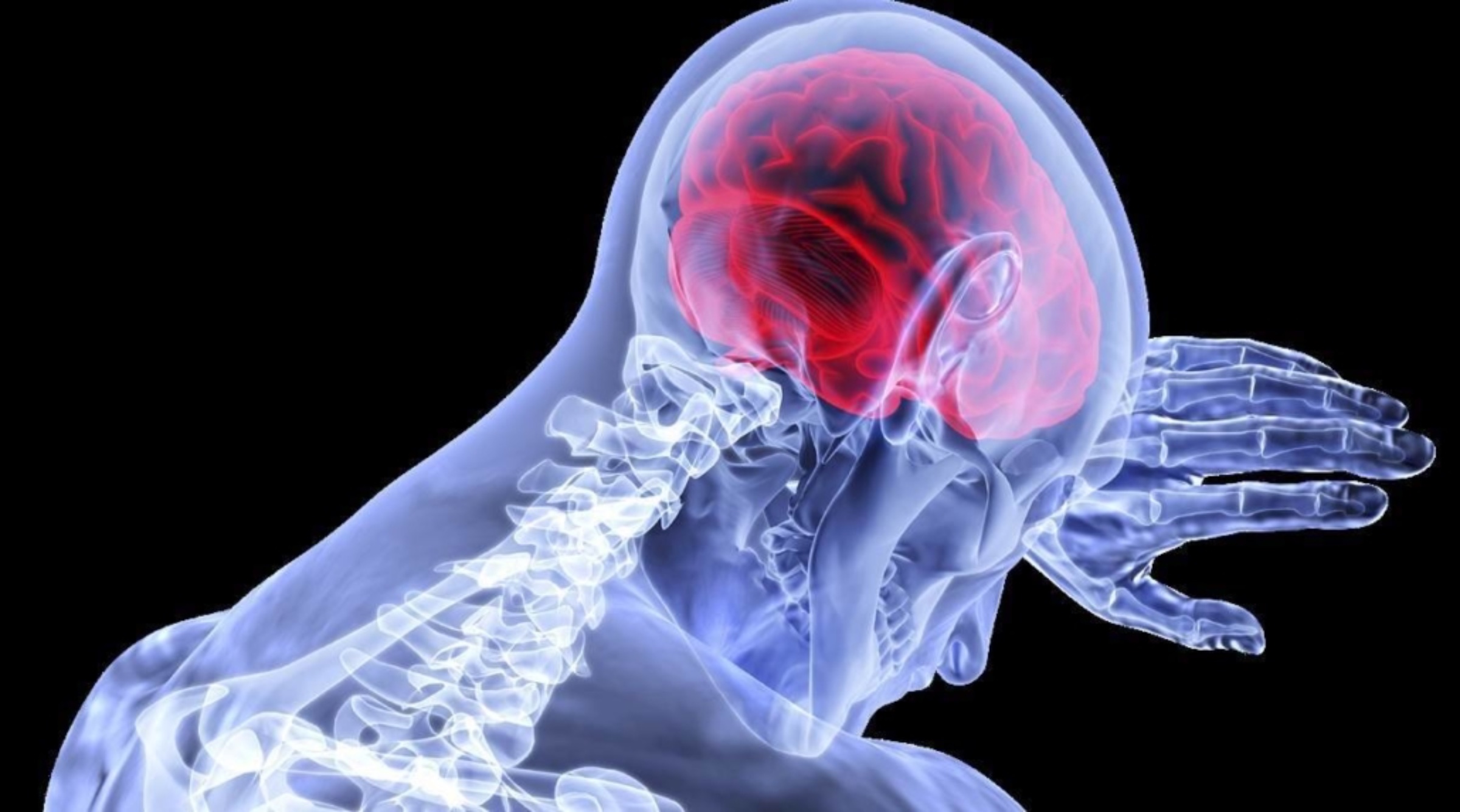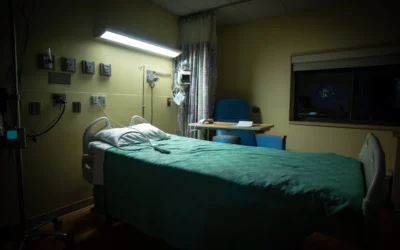Long-term effects of brain injuries following an accident
Anybody who suffers a traumatic brain injury (TBI) wants to know how long their recovery is going to last and what kinds of challenges they will be facing. You should always turn to a personal injury lawyer for help pursuing possible financial compensation for your personal losses in an accident causing a TBI.
The American Association of Neurological Surgeons (AANS) reports that patients with mild TBIs tend to do well in recovery. Patients with moderate TBIs only see 60 percent achieve positive recovery, with 25 percent left with a moderate degree of disability. Severe TBIs only see 25 to 33 percent of patients have positive outcomes. Two important factors can dictate how difficult your road to recovery will be.
types of tbis
No two TBIs are ever the same, as every TBI has an immediate classification of mild, moderate, or severe. There are essentially six kinds of TBIs from which people can suffer.
Concussions
The Centers for Disease Control and Prevention (CDC) specifically defines a concussion as a type of TBI caused by some kind of bump, blow, or jolt that causes the brain to move back and forth rapidly in a person’s head. The CDC further notes that while concussions are referred to as mild TBIs because they are rarely life-threatening, the effects of a concussion can be serious. In some cases, a dangerous collection of blood called a hematoma can develop on the brain and squeeze the brain against the skull. People who suffer concussions should note specific symptoms to be aware of. Including headaches that only get worse, repeated vomiting or nausea cases, suffering from drowsiness or inability to awaken, or any loss of consciousness. The Mayo Clinic also refers to a concussion as being a TBI. Persistent post-concussive symptoms or post-concussion syndrome occurs when symptoms of concussions last beyond an expected recovery period.
contusions
A doctor treating your injury can tell you that you have a contusion, which is basically medical terminology for a bruise. A contusion relating to a TBI is a bruise to the brain itself that causes bleeding or swelling inside of the brain around the area where a person’s head was struck. Contusions frequently occur in cases of skull fractures or blood clots like a subdural or epidural hematoma. Contusions may heal on their own without medical intervention.
diffuse axonal injuries
According to Johns Hopkins Medicine, certain people can suffer diffuse axonal injuries (DAIs) in cases involving shearing or tearing of a brain’s long connecting nerve fibers (axons) when it suffers an injury and shifts and rotates inside a bony skull. These changes in the brain may often be microscopic and not as evident in computed tomography (CT scan) or magnetic resonance imaging (MRI) scans. The National Library of Medicine plainly states that a DAI is a type of TBI resulting from a blunt injury to the brain.
penetration injuries
Penetrating TBIs involve objects entering a person’s skull and harming the brain. Such injuries may hurt a small or large part of the brain. A penetrating injury is always a threat to life and requires emergency care. People who are dealing with penetrating TBIs are not going to function on their own while awaiting care. They can experience problems breathing, lose consciousness, and also lose bowel and bladder function while bleeding heavily.
coup-contrecoup
Coup-contrecoup TBIs happen when head injuries result in damage to two sides of the brain, the side of the trauma and the opposite side of the brain. Since multiple areas of the brain are involved, all coup-contrecoup injuries can involve additional complications and are one of the most serious types of TBI. Car accidents remain an extremely common cause of coup-contrecoup TBIs. Many people’s heads can strike multiple objects while being thrown around in an automobile wreck.
acquired brain injuries
An acquired brain injury is any type of brain damage occurring after birth but is not some part of a genetic or congenital disorder. Many of the most common TBIs involving falls from heights, being struck by something, or motor vehicle crashes, are acquired brain injuries. Acquired brain injuries can also involve internal events, such as stroke, brain tumors, or near drownings.
types of lobe damage
TBIs can differ in impact for survivors based on the lobes affected by a brain injury.
FRONTAL LOBES
The frontal lobe is a considerable portion of the brain, extending from the front of the brain almost halfway to the back. Because it is the largest lobe in the brain, the frontal lobe is the most common region of injury in a TBI case. The frontal lobe plays a major role in our memory, judgment, abstract thought, creativity, social appropriateness, and motor tasks involving voluntary movement. Frontal lobe damage may cause a wide range of symptoms, including depression, behavioral problems, and a loss of strength in the muscles.
parietal lobes
The parietal lobe is located above the occipital lobe but behind the frontal lobe and central sulcus. The parietal lobe is critical for sensory perception and integration, including the management of taste, hearing, sight, touch, and smell. Because it is home to the brain’s primary somatic sensory cortex, the region the brain interprets input from other areas of the body. Damage to the left parietal lobe may cause “Gerstmann’s Syndrome,” which includes right-left confusion, difficulty with writing, and difficulty with mathematics, as well as disorders of language and an inability to perceive objects normally. Damage to the right parietal lobe can result in a person neglecting part of their body or space that impairs several self-care skills. Right-side damage may also cause difficulty in making things, denial of deficits, and drawing ability. Bi-lateral damage might cause “Balint’s Syndrome,” which is a visual attention and motor syndrome characterized by an inability to voluntarily control the gaze, an inability to integrate components of a visual scene, and an inability to reach for an object with visual guidance accurately.
Occipital lobes
The occipital lobe is the brain’s visual processing center and contains most of the anatomical region of the visual cortex responsible for visual perception, including color, form, and motion. The occipital lobes are not especially vulnerable to injury because they are located at the back of the brain, but significant trauma to the brain can produce subtle changes in our visual-perceptual system. Damage to a side of the occipital lobe can cause loss of vision with exactly the same “field cut” in both eyes. Disorders of the occipital lobe may involve visual hallucinations and illusions.
temporal lobes
The temporal lobes are behind our ears and are the second largest lobe, most often associated with processing auditory information and encoding memory. They also play an important role in processing emotions, language, and certain aspects of visual perception. Temporal lobes play a major role in many essential functions, including processing sensory information, memory, language comprehension, understanding social cues, facial recognition, and attention. Damage to temporal lobes can lead to difficulty understanding spoken words, difficulty learning and retaining new information, and difficulty recognizing faces.
brain stem and cerebellum
The brainstem is the bottom, stalk-like portion of the brain that connects the cerebrum of the brain to the spinal cord and cerebellum. The brain stem regulates most of the body’s automatic functions essential to life, including breathing, heartbeat, blood pressure, and swallowing. The cerebellum is involved in the coordination of voluntary motor movement, balance, equilibrium, and muscle tone. It is just above the brain stem and toward the back of the brain but is relatively well-protected from trauma compared to the frontal and temporal lobes and the brain stem. Brain stem injuries can cause balance issues, slurred speech, or possibly even loss of consciousness, paralysis, or coma. Damage to the cerebellum may cause loss of coordination, an inability to judge distance and when to stop, an inability to perform rapid alternating movements, staggering, a tendency toward falling, slurred speech, and abnormal eye movements.
other long-term effects
In many cases of long-term TBIs, people can face a number of challenges relating to:
- Physical effects –TBI victims often have to deal with chronic pain, sleeping disorders, difficulty regulating body temperature, physical paralysis, loss of stamina, seizures, hormonal changes, and difficulty swallowing.
- Cognitive effects –TBI victims can face constant issues relating to memory problems, confusion, difficulty with concentration, impulsiveness, difficulty with language processing, slow speed of processing, and distractibility.
- Effects on vision –Some TBI victims may lose all vision entirely or be dealing with problems judging distance, diplopia, involuntary eye movements, blurred vision, and photophobia.
- Effects on hearing –People with TBIs can lose hearing or have decreased senses of hearing, possibly dealing with tinnitus (ringing in the ears) or increased sensitivity or intolerance to other sounds.
- Social, emotional, or behavioral effects –TBIs can negatively impact a person’s motivation and lead to fluctuating emotions with regard to depression and aggression.
- Speech and language effects –Many people with TBIs can struggle with slurred speech issues as well as problems with reading comprehension.
- Sensory and Perceptual Effects — A TBI may lead to a person having difficulty perceiving temperature, knowing how to position their arms and legs, and difficulty understanding or integrating the information they receive.
call us today to speak with a Murray personal injury attorney
Did you or your loved one sustain a TBI in a car accident caused by another party’s negligence in Utah? You will want to be sure that you are working with a skilled lawyer at Gosdis Law who can help you obtain all of the compensation to which you are entitled.
Our firm handles every single case on a contingency fee basis, meaning that you do not have to pay us anything unless we get you a win in court or a settlement. Call (385) 429-9960 or contact us online for a free consultation with our Murray personal injury lawyer.




